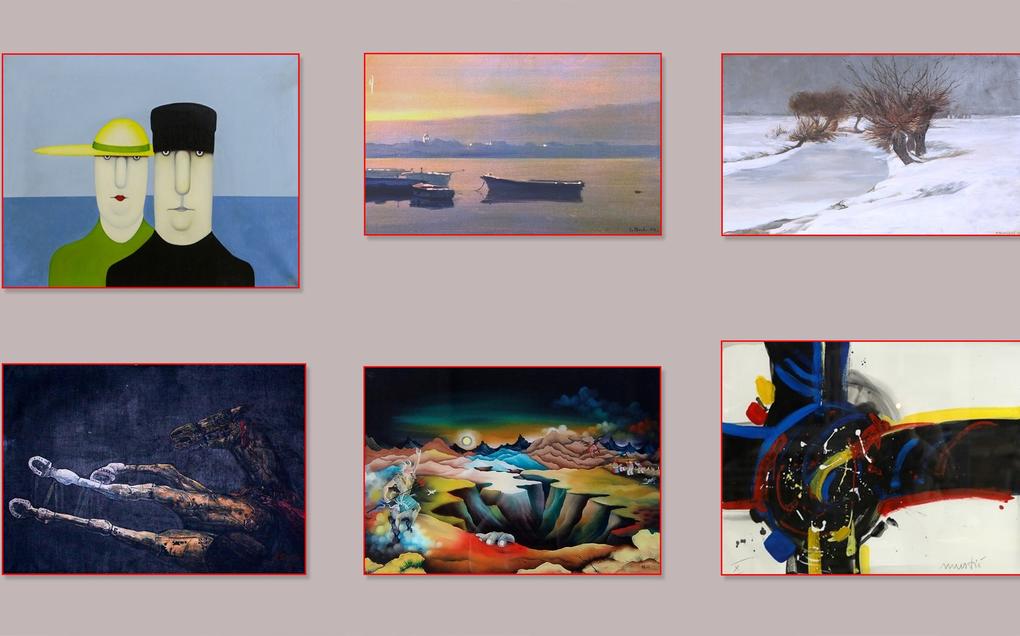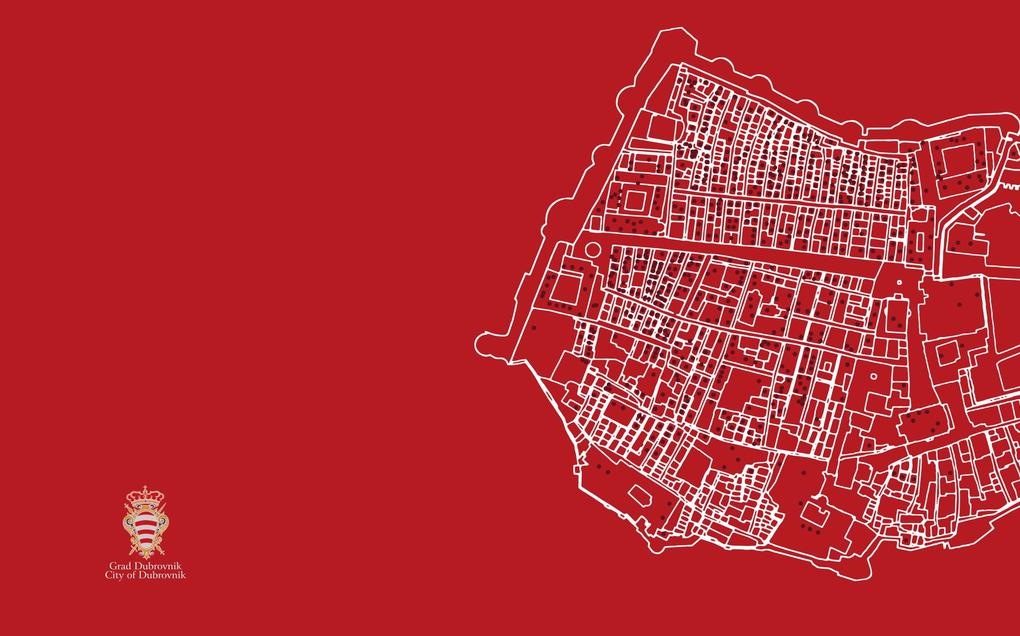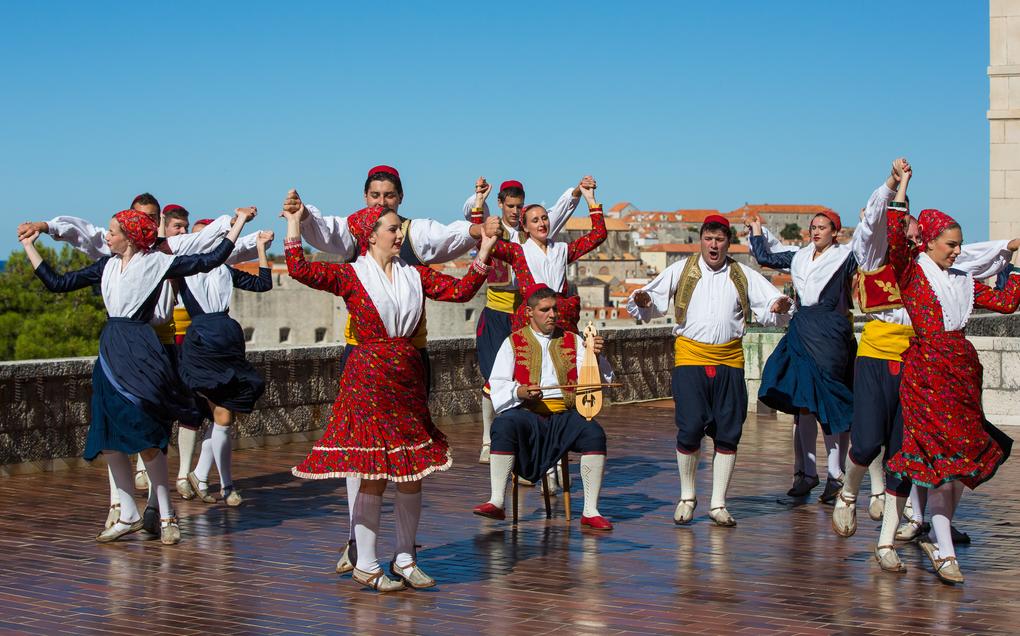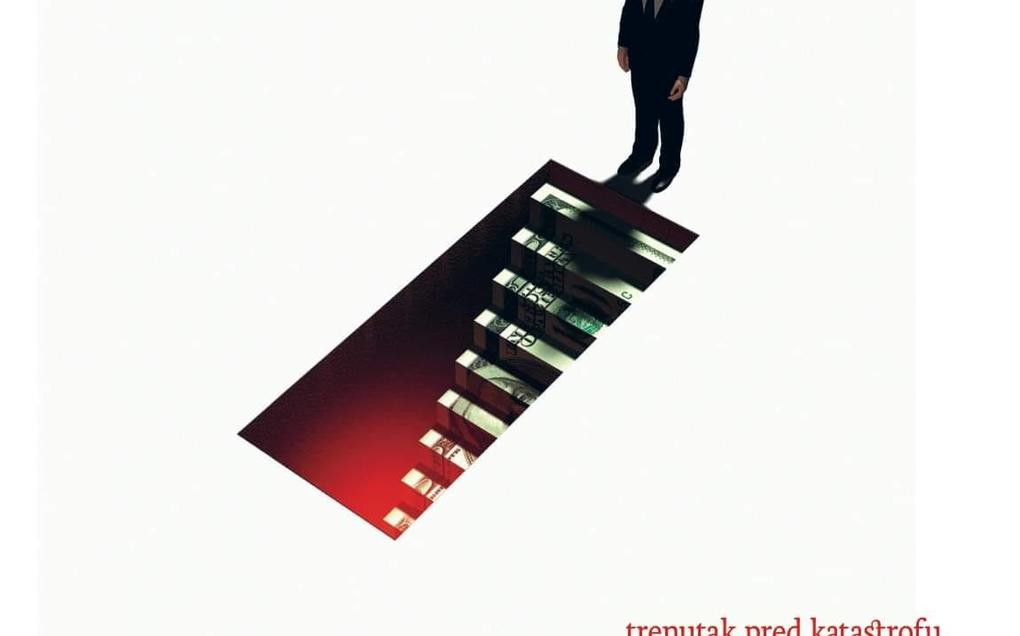(Dubrovnik, 1482 – Dubrovnik, 15 January 1576) Mavro Vetranović was born as Nikola in a family of Italian origin. His family was nicknamed Čavčić. He was educated in Dubrovnik, and after he was ordained a Benedictine priest he adopted the name Mavro. Because of disagreements with church leadership about the implementation of reforms in the monastery on the island of Mljet, in 1517 he went to Italy without permission, which is why the Dubrovnik government banished him forever.
Mato Vodopić
(Dubrovnik, 13 December 1816 – Dubrovnik, 13 March 1893)
The Dubrovnik Bishop, theologian and writer Mato Vodopić was born in the family of the naval captain Nikola and mother Jela, neé Maškarić. Instead of life at sea, dum Mato as he was fondly called, chose to become a priest and after studying theology in Zadar, he spent his life in various parishes where he was well-respected, while the sea remained his powerful and constant inspiration and theme.
Marko Bruerević
(Tours or Lyon, c. 1770 – Cyprus, 25 November 1823)
Marc Bruère Desrivaux was a poet and a diplomat. He came to Dubrovnik as a boy with his father René, the French Consul, where he received an excellent education. He was taught by the famous poet and Latinist Đuro Ferić, who is better known for his Latin than his Croatian poetry.
Junije Džono Palmotić
(Dubrovnik, 7 November, 1607 – Dubrovnik, June or July 1657)
Junije Džono Palmotić was a Baroque poet and playwright. He hails from an old Dubrovnik patrician family of Palmotić. His parents were Džore Palmotić and Ora Gradić. He was nicknamed Pupica (little doll).
Ivo Vojnović
(Dubrovnik, 9 October 1857 – Belgrade, 30 August 1929)
Ivo Vojnović was born in a prominent family in Dubrovnik. He was educated in Dubrovnik and Split and eventually Zagreb, where he studied law. He was devoted to theatre and was a playwright at the Croatian National Theatre in Zagreb until 1911, after which he decided to live as a professional writer and travelled to Italy, Prague, Budapest and Belgrade looking for work.
Ivan Dživo Gundulić
(Dubrovnik, 9 January 1589 – Dubrovnik, 8 December 1638)
Ivan Gundulić (Gundula and Gondola) was born in 1589 in one of the oldest and most prominent patrician families in Dubrovnik, as the oldest son of Frano Gundulić and Dživa Gradić. He acquired the best possible education in the city of his birth, which he never left. He studied with the Jesuits, and when he was three years old his father entrusted his education to three guardians. He was nicknamed Mačica (kitten) because of his quiet and reserved nature.
Ignjat Đurđević
(Dubrovnik, 13 February 1675 – Dubrovnik, 21/22 January 1737)
Ignjat Đurđević (Ignazio Giorgi) was born in Dubrovnik in a wealthy and prominent family of Giorgi, that was ennobled in the Dubrovnik Republic after the great earthquake of 1667.
Ida Von Düringsfeld
(Milicz, Poland, 12 November 1815 – Stuttgart, 25 October 1876)
Ida von Düringsfeld was the daughter of a retired Prussian officer, and as an autodidact, she studied foreign languages and wrote verses from an early age, despite her mother’s objections, that she published under a pseudonym.
Didak Pir
(Évora, Portugal, 5 April 1517 – Dubrovnik, 16 May 1599)
A Latin poet whose real name was Isaia Koen, hailed from a wealthy family of Portuguese Jews. He was educated in Portugal and Spain. After being exiled he travelled through England, Belgium, Italy (Ferrara, Genova, Pescara, Ancona, Rim), spent a short period of time in Constantinople, and in 1558 he finally settled in Dubrovnik as an already prominent and respected poet, and stayed until the end of his life.
Džore Držić
(Dubrovnik, 6 February 1461 – Dubrovnik, 26 September 1501) The Renaissance poet Džore Držić was a prominent plebeian who started his education in Dubrovnik, and completed his humanist studies in law in Italy (he became a doctor of civil and canon law), and in 1487 he was ordained a priest. He was the brother of painter Vlaho Držić and uncle of the famous Marin Držić.







